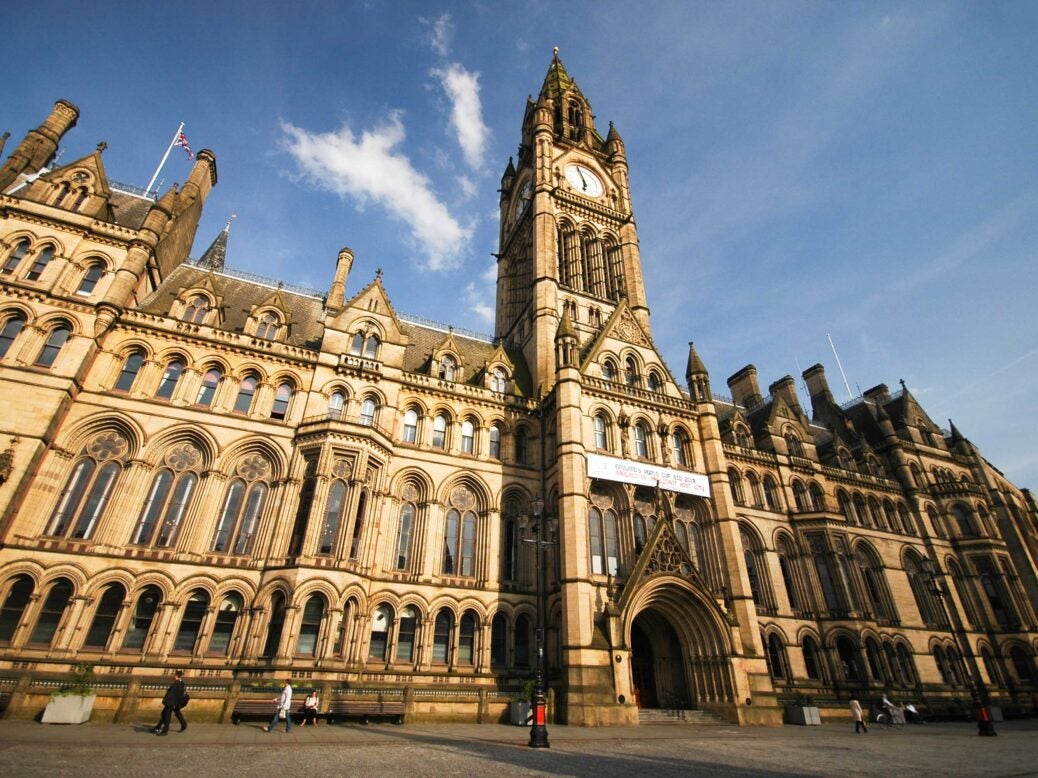
The savagery of Ariana Grande bombing will not stop Manchester’s inexorable rise, writes Alec Marsh
The atrocity in Manchester on Monday night comes at a time when this great northern centre has truly emerged as England’s second city. For centuries this coveted position was claimed by Birmingham – or before that Liverpool – but over the last decade Manchester, rather like its football teams, has scaled the leaderboard.
Indeed separate polls of public opinion in 2007 and 2015 showed that it was considered by popular sentiment the second city over these other claimants, not just of England but of the UK. (The most recent, by YouGov, gave Manchester 30 per cent, Birmingham 20 per cent with Edinburgh on 12 per cent.)
And it has had a good run of it: the population of Manchester increased by more than 100,000 between 2001 and 2011, unlike many cities which saw their populations decline as their inner cities fade. Much of this rise has taken place in areas such as the Northern Quarter, helping to achieve the sort of organic civic renewal that has so eluded town-planners elsewhere. It’s now a highly desirable location for young professionals to live and work. Some 50,000 people are employed in financial and related services in the city, with 230,000 so employed across the North West. It’s also one of the country’s leading centres for medical research.
In March one property index showed that house prices in Manchester – now being billed as the capital of the Northern Powerhouse – had increased by 8.8 per cent, far ahead of the average of regional cities. London’s growth, meanwhile, had slowed to 5.6 per cent over the same period. That same month Savills noted that Manchester had accounted for the lion’s share of overseas office acquisitions in Britain’s regional cities in 2016 – worth £489 million. The commercial investment in the city was being led by German and then US buyers, according to Savills. ‘Manchester’s global profile means international demand for commercial property assets in the city looks set to remain strong throughout 2017,’ declared Nick Okell, from Savills Manchester.
With a new Greater Manchester mayoralty in place – Andy Burnham, the former Labour Health Secretary was elected just weeks ago – one hopes that its renewed civic pride and sense will continue to grow. Likewise with HS2 due to stop at Manchester Piccadilly and Manchester Airport (sharply reducing journey times to Birmingham, London and elsewhere), there are other strategic reasons to remain positive about continuing growth.
None of which will be impeded by terrorists such as Salman Abedi. The human cost of Monday night will always be felt by the loved ones of those who died, and by the survivors who will continue to carry the scars of the attack. But terror will fail to temper Manchester’s spirit, which will continue to be evident in its human and economic prosperity.
Alec Marsh is editor of Spear’s






